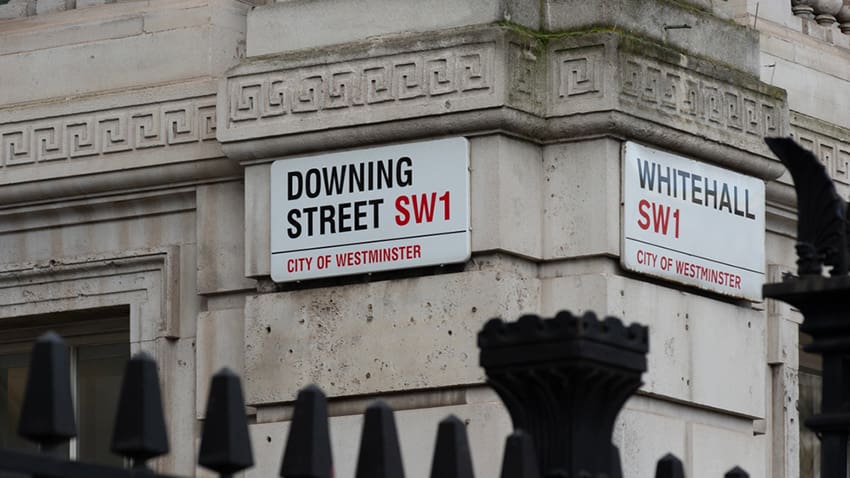A new report from the Autonomy Institute has found that companies that donated to Labor were awarded almost £138m in government contracts during the party's first year in office.
The findings, which echo similar patterns under previous Conservative administrations, have reignited concerns over political transparency and procurement integrity, with anti-corruption campaigners calling for reforms to prevent companies donating to political parties from bidding for public contracts.
The report identified eight companies that donated a combined £580,000 to Labor between July 2024 and June 2025, before receiving contracts worth a total of £137.9m within two years of the donation.
Looking beyond the current administration, the Autonomy Institute said the practice of corporate donors winning public contracts is a cross-party issue, affecting both Labor and Conservative governments.
It found that since 2001, 25 companies that donated to Labor have been awarded contracts worth £796m, while Conservative-linked firms have collectively received contracts worth £25.4bn – much of it during the pandemic, including deals for Randox Laboratories and Globus Shetland.
Between the two parties, the study identified 125 companies that had donated £30.15m to political parties and were subsequently awarded £28.8bn in central government contracts, of which £2.5bn was awarded within two years of the donation.
Dr Susan Hawley, executive director of Spotlight on Corruption, said the findings highlighted “systemic weaknesses” in the way Britain handles conflicts of interest.
He said, “There is nothing more damaging to public trust than the perception that those privileged to power get privileged access to taxpayer-funded contracts.”
“These findings show a systemic problem. We need systemic solutions – including screening political donors from the procurement process and considering banning directors of such companies from making political donations.”
Dr Will Strong, chief executive of the Autonomy Institute, said: “When the same corporations that fund political parties also win government contracts, the line between public service and private influence becomes dangerously blurred. The only way to alleviate concerns is a ban on political donors receiving government contracts.”
Among the companies named in the report were:
• Baringa Partners, which donated £30,061 to Labor in January 2024 and has since received £35.2m in government contracts.
• Grant Thornton, who donated £81,658 between March 2023 and July 2024 and subsequently won contracts worth £6.5m.
The report also identified four of the government's 39 “strategic suppliers” – companies on which the public sector is largely dependent – that have donated to political parties and subsequently received major contracts: Fujitsu, KPMG, Microsoft and PwC.
It found that both Microsoft and PwC had made donations under both Labor and Conservative governments.
A government spokesperson said: “All government contracts are awarded in a fair and transparent manner, in line with the Public Contracts Regulations 2015. All decisions are rigorously scrutinized to ensure the best value for the taxpayer.”
A Conservative Party spokesperson said all donations fully complied with Electoral Commission rules and rejected suggestions of impropriety.
“As the National Audit Office and Cabinet Office have made clear, ministers properly declared their interests and had no involvement in procurement decisions. Donations have never influenced the awarding of government contracts.”
Ahead of the 2024 election, Labor was one of the most vocal critics of such practices, condemning contracts awarded to Conservative-linked companies during the pandemic without open tender.
The then Shadow Chancellor Rachel Reeves said at the time: “The British public are understandably angry that so much public money went to friends and donors of the Tory Party.”
PwC said it provided only “non-cash assistance” in the form of limited technical assistance to major political parties under strict governance arrangements and denied any political affiliation.
KPMG declined to comment.
Other companies identified by the report were contacted but did not respond.
The study includes the estimated future value of multi-year contracts, meaning that not all of the quoted £28.8 billion has yet been spent. It also focused solely on corporate donors, not individuals contributing in a personal capacity.
The findings are likely to intensify scrutiny of Labour's corporate fundraising activities and put pressure on the government to tighten procurement rules and increase public transparency around political donations.










